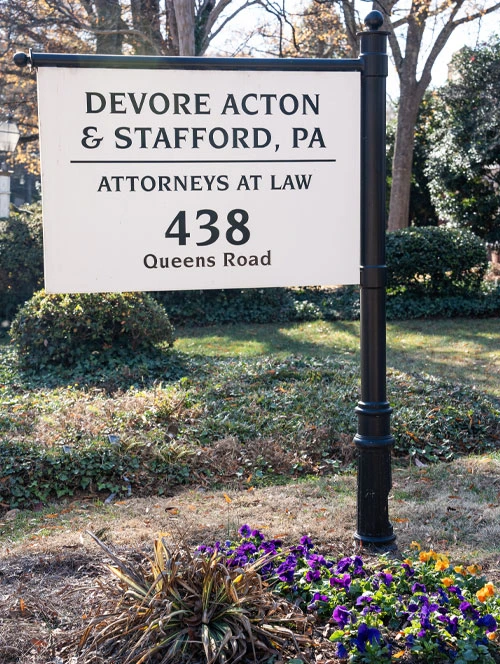Wills during the covid19 crisis

During this unprecedented time we have received some inquiries on how folks could obtain a Will. We thought it might be helpful to provide you with some basic information. This is not intended as legal advice, but merely a summary of the law.
With the important social distancing that we are employing, the actual execution of a formal Will is probably not practical. Under the law the person signing a formal Will must be in the presence of at least two witnesses and a notary and each person must observe the signature of the other persons.
People often misunderstand what happens if a person passes away without a Will. Some people believe that the estate assets go to the state. Actually, if you die without a Will this is called dying intestate. We have laws of intestacy which direct how estate assets will be distributed. For folks dying without a Will, the assets are divided between a surviving spouse and children. If there is no spouse, then the assets are distributed to the children. This is very much an oversimplification of how the statute works, but if you search for “Intestate Succession Act in NC” and look for Chapter 29 of the North Carolina General Statutes, you can read the entire act and see how it might apply to you.
Of course, there are a lot of advantages to actually having a Will. One advantage is that unless it is waived in a Will, the administrator of the estate may have to post a bond. Secondly, if you have minor children, it would be important to name a guardian and a trustee for these children in the event that both parents have died. Third, you may want to distribute your assets differently than the formula that appears on the Intestate Succession Act.
North Carolina does provide for a person to prepare a Will that does not have the same requirements of a formal Will. A handwritten Will, which is called a holographic will is acceptable if it meets this criterion.
North Carolina General Statute § 31-3.4. Holographic will.
(a) A holographic will is a will
- Written entirely in the handwriting of the testator but when all the words appearing on a paper in the handwriting of the testator are sufficient to constitute a valid holographic will, the fact that other words or printed matter appear thereon not in the handwriting of the testator, and not affecting the meaning of the words in such handwriting, shall not affect the validity of the will, and
- Subscribed by the testator, or with the testator’s name written in or on the will in the testator’s own handwriting, and
- Found after the testator’s death among the testator’s valuable papers or effects, or in a safe-deposit box or other safe place where it was deposited by the testator or under the testator’s authority, or in the possession or custody of some person with whom, or some firm or corporation with which, it was deposited by the testator or under the testator’s authority for safekeeping.
(b) No attesting witness to a holographic will is required. (1953, c. 1098, s. 2; 1955, c. 73, s. 1; 2011-344, s. 8.)
Of course, a properly executed formal Will is always preferred where you can more completely address all of your estate concerns.
As a general rule, our firm does not draft Wills. We are providing this information as a public service. It would be best to consult an estate attorney. If you contact us, we are glad to gratuitously make a referral for you.
Stay safe.

request your consultation
"*" indicates required fields



